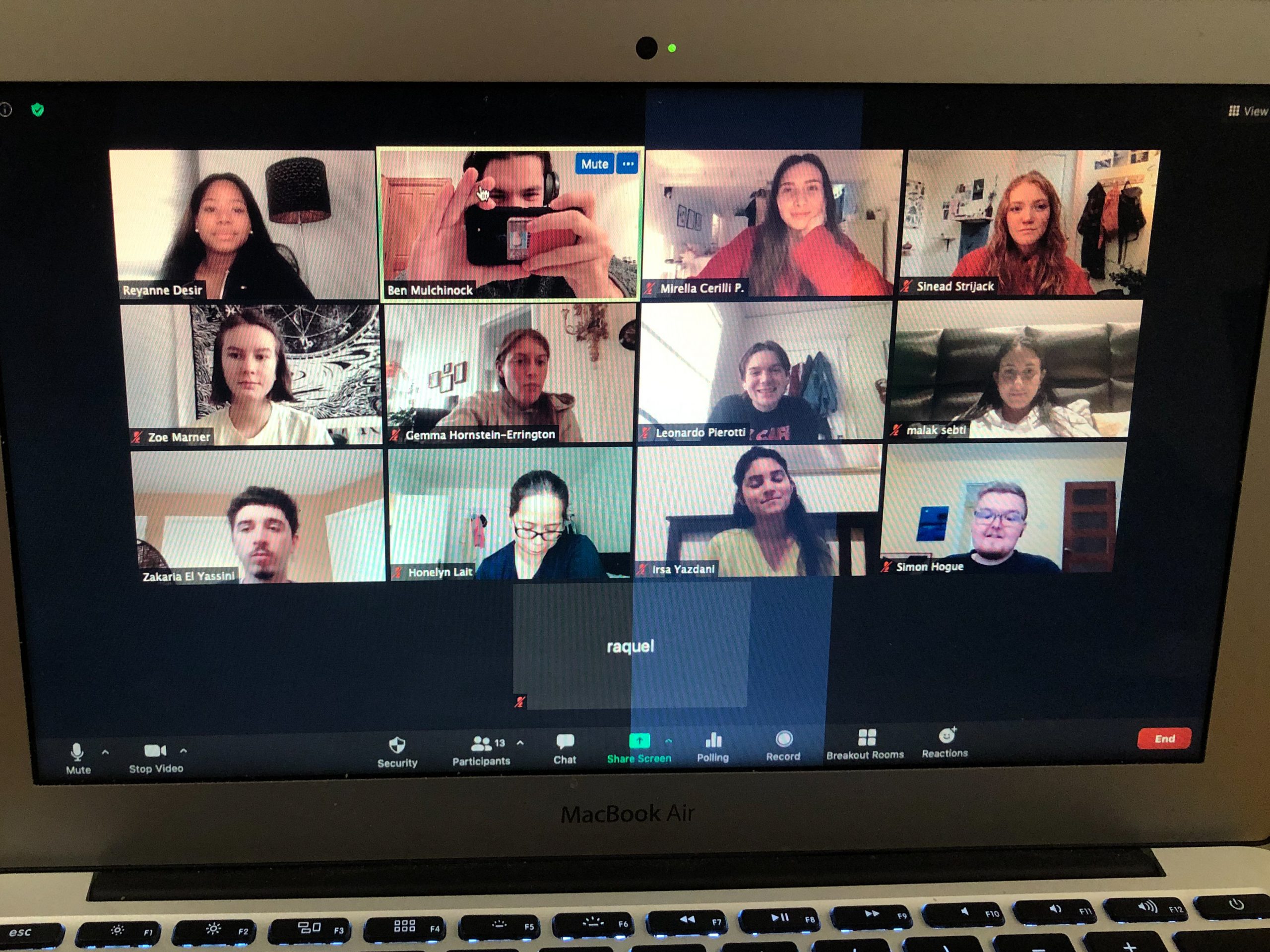Freshman students seem to be some of the best-equipped to handle university life
To put it frankly, the Fall 2020 semester is a hollow shell of what it could be. The pandemic, self-isolation, online classes, and stagnant tuition are all contributing to a rightfully pessimistic outlook on the academic year. And, naturally, the mood among most students reflects little hope and optimism. But there is one group of students that seem to be showing some much-needed enthusiasm: first-years.
One would think that incoming students to Concordia, who’ve never gone through university life, would be the most disgruntled with a greatly diminished freshman year. From what I’ve seen, this just isn’t true.
I’ve worked extensively with first years in my time at Concordia. In 2019-20, I worked in the dorms as a Resident Assistant, supporting students with their first-year experience.
Now in the current coronavirus-online-Zoom year, I’ve been working as a Student Facilitator on a new program Concordia is trying out called “Homeroom.” Delivered entirely on Zoom, Homeroom is a series of weekly sessions where first years can come together and hang out, learn about the university, and enrich their freshman experience, if only for an hour a week. This project has been extremely successful, with hundreds of first years logging in every week.
With those credentials, I can say with confidence that I have a decent insight into the attitudes of first-year students. With this, I believe there are three quintessential elements of a first year student: curiosity, energy, and above all, enthusiasm. Has this pandemic halted these virtues in students new to Concordia? I would say absolutely not.
For one, the first-years are still fascinated with Concordia. Most are coming from high schools or smaller CEGEPs, so the thrill of seeing such a monumental and happening institution (flaws and all) for the first time still has them asking me countless questions about clubs, events, opportunities, and everything else the school has to offer. I’m sure we can all remember our first month at Concordia, feeling an identical sentiment.
Energy is in abundance during these Zoom sessions. Students, always eager and on time, get much of their weekly socializing during this short hour. I’ll often run short presentations, either on university life, or skills development, which students happily participate in and engage with. I can’t help but smile hearing of all the connections and benefits everyone gets from these meetings.
Finally, there’s enthusiasm. While you could argue that this goes hand-in-hand with energy, I’d say enthusiasm encompasses a much broader and more abstract feeling. It’s the anxious yet exciting knowledge that this is the start of the crazy journey of going to Concordia. One that could last two years, five years, or 30 years (if you end up becoming a tenured professor). There’s an insatiable curiosity with what’s to come.
Granted, the sample size of my subjective observation is small; 50 or so students is not representative of the thousands of first-year students in 2020. But when I chat with some of my coworkers, the stories I hear are the same, and I’d wager these truths hold up for thousands more.
Mind you, this is all happening entirely online. No campus tours, no orientation or frosh week, no awe at the massive lecture halls or student-run bar crawls. This is excitement that you see with each passing year, and this one is no different.
Perhaps it’s due time to emulate some of this. Through the drudgery and tragedy of this online year, I feel many of us have lost sight of our deeply rooted hopes and goals. We’re monotonously going through the motions of being university students, with more apathy than ever before. Maybe one solution lies in the spirit of 2020’s freshman class.
Feature photo by Ben Mulchinock
